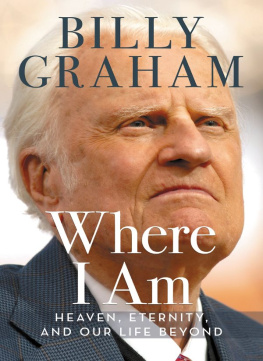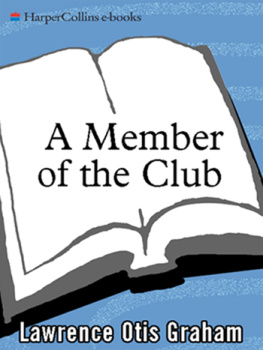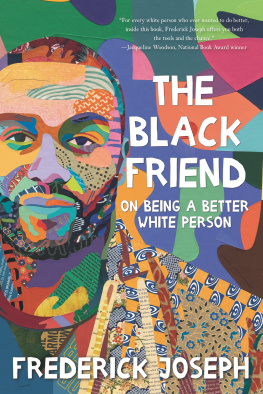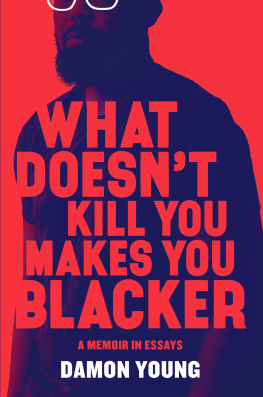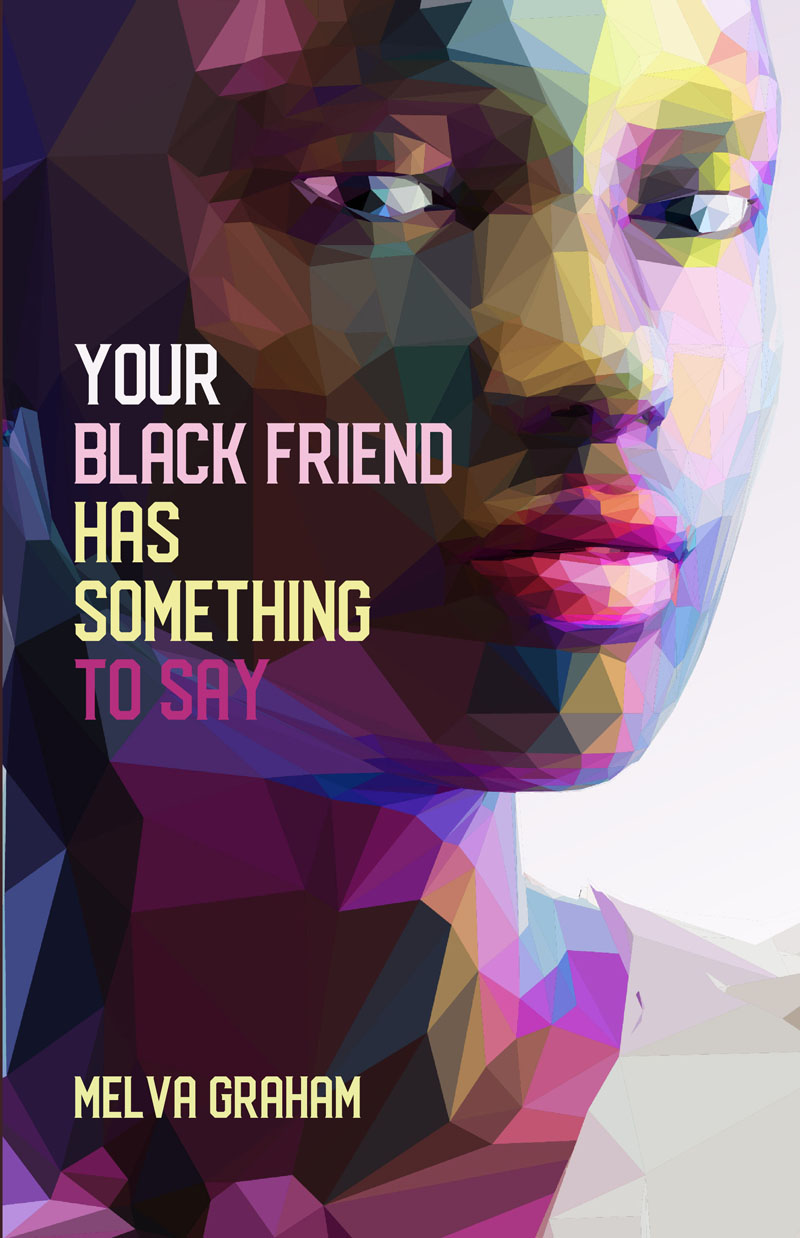Contents
Your Black Friend Has Something to Say
A Memoir in Essays
Melva Graham
Pact Press
Copyright 2019 Melva Graham. All rights reserved.
Published by Pact Press
An imprint of
Regal House Publishing, LLC
Raleigh, NC 27612
All rights reserved
https://pactpress.com
Printed in the United States of America
ISBN -13 (paperback): 9781646030187
ISBN -13 (epub): 9781646030453
Library of Congress Control Number: 2019952294
All efforts were made to determine the copyright holders and obtain their permissions in any circumstance where copyrighted material was used. The publisher apologizes if any errors were made during this process, or if any omissions occurred. If noted, please contact the publisher and all efforts will be made to incorporate permissions in future editions.
Interior and cover design by Lafayette & Greene
lafayetteandgreene.com
Cover images by musicman/Shutterstock
Author image courtesy of @PhotosbyJamaal
Regal House Publishing, LLC
https://regalhousepublishing.com
All rights reserved. No part of this publication may be reproduced, stored in a retrieval system, or transmitted, in any form or by any means, electronic, mechanical, photocopying, recording, or otherwise, without the prior permission of
Regal House Publishing.
Printed in the United States of America
For Good from the Broadway musical Wicked
Music and Lyrics by Stephen Schwartz
Copyright 2003 Stephen Schwartz
All rights reserved. Used by permission of Grey Dog Music (ASCAP).
Dedication
For Mom and Dad
AUTHOR'S NOTE
This book is not about you. Its about my experience of youwhich is to say, its about me. That being said, I changed your name. I changed everyones nameexcept my own. I also changed the name of a few places. Just in case. Youre welcome.
INTRODUCTION
Theyre called microaggressionsand theyre a macro pain in the ass. Theyre underhanded, race-related remarks that undermine who I am as a black woman, reinforce a racial hierarchy, and reveal an unconscious but blatant bias. Theyre subtle and skillfully done. Theyre like a sociological sicknessparticularly in the suburbs. I remember how relieved I was when I found out there was an actual name for them. Here I thought people were just being assholes.
Ive got a lot of racial baggage.
Can you tell?
Im like a hoarder. Ive held on to every racially charged moment in my life since I was six years old. My mind is like a microaggression museum. On the left is the time I posed for a picture between two white women and one shouted, Look, reverse Oreo! On the right is the time my coworker brought her dog into work and nicknamed it Nigga. Up ahead, youll hear the voice of a small child I used to babysit telling me I have to do what he tells me to do, because Im his slave. In the gift shop I sell T-shirts and mugs that say, You talk white, and postcards that say, Pretty for a black girl. Even the most pernicious of pieces is semiprecious in that it shaped so much of who I am todayand Im not altogether thrilled with who I am today. I let things slide. And I let people off the hook. And I look the other way. Im like an enabler for white privilege.
If you have something racist to say, Im the one to say it to. If you want to touch black hair, Im the one to ask. If you want to make a generalization about my communitya community you know nothing aboutIm the one to make it to. Silence is so ingrained in me it has become instinctive. Ill walk away wounded but without saying a word. I might even force a small smile to my face to let you know things are still cool between us.
Ive always looked out for the emotional well-being of white people. Its a skill set Im so well accomplished in, Ive actually been paid to do it. Im a nanny. The help. I take care of rich white kids and their rich white parents. At times, its like Im babysitting the kids I went to school with. Im now their nanny. Im an actress, too, but the only acting I get to do, really, is as a nanny. When microaggressions occur, as they so often do, I get to act like Im not offended, like Im not hurt, when really I am.
The underlying message in all this is that I, as a black woman, should sit down, shut up, and stay home. This message has metastasized deep within my marrow. I receive this message when a black woman is sentenced to twenty years in prison for standing her ground, firing a warning shot, defending herself against an abusive husband. I receive this message when a black woman is pulled over for failing to use her turn signal, is arrested, and then dies in police custody. I receive this message when a black woman is gunned down after knocking on a strangers door for help. I receive this message in movies where black women are barely visible. I receive this message in the media where our voices are drowned out and dismissed.
But a shift is happeninga movement is taking placea revolution has started Black Girls Rock Black Girl Magic Black Girl Dangerous. Black women are stepping into themselves and taking back the power that was always theirs, but instead of receiving the message, were writing our own. Suddenly Im being asked to show up, stand up, and speak upbut I dont know how. It wasnt part of my programming.
Culturally speaking, my identity, my blackness, is caught between two generations of hyper-visibility: the past Civil Rights Movement and the present Civil Rights Movement. I grew up in between the two, in the 80s and 90s, the age of cultural assimilation and upward mobility for blackswell, some blacks. Race and racism were still ongoing issues for the black community, of course, but blackness, as an identity, was rarely seen or heardat least not by me. It wasnt part of the national conversation. The new narrative was were all the same. Were all equal. We dont see color. We dont see race. The Black Power and Black Pride Movements went from a rousing chorus to a faint whisper. In 1968 we sang Say It LoudIm Black and Im Proud. In 1982 we sang Ebony and Ivory. See the difference? One is hyper-visible. One is invisible. This was my generation. The There Can Be Only One generation. The Cant We All Just Get Along generation. I want in on todays generation. I want in on the Black Lives Matter Marching In the Streets generation. The No Justice, No Peace generation. The Kneeling During the National Anthem generation. If there were messages from the black community to black youth counter to the ones I received as a child, then I missed out on them. They were lost on me. I wasnt told to Fight the Power or Do the Right Thing. I was told to sit quietly and wait to be called on. What I realize, though, is that as a black woman, nobody is going to call on me, because no one wants to hear what I have to say. What I have to say is not pleasant and its not polite and it shakes up the status quo. Its my job to show up, stand up, and speak up anywaybut frankly, Im not sure if Im up to it.
Nothing I have to say is newsworthy. I havent lost loved ones to police brutality. I havent been racially profiled. I havent been stopped and frisked. You wont find any of my stories scrolling at the bottom of the screen of a cable news show. Breaking newsintoxicated white male calls black female Hot Chocolate after Santana concert tonight in Pittsburgh. The NAACP will not advocate for me. Al Sharpton will more than likely sit this one out.
Still, I have something to say.


